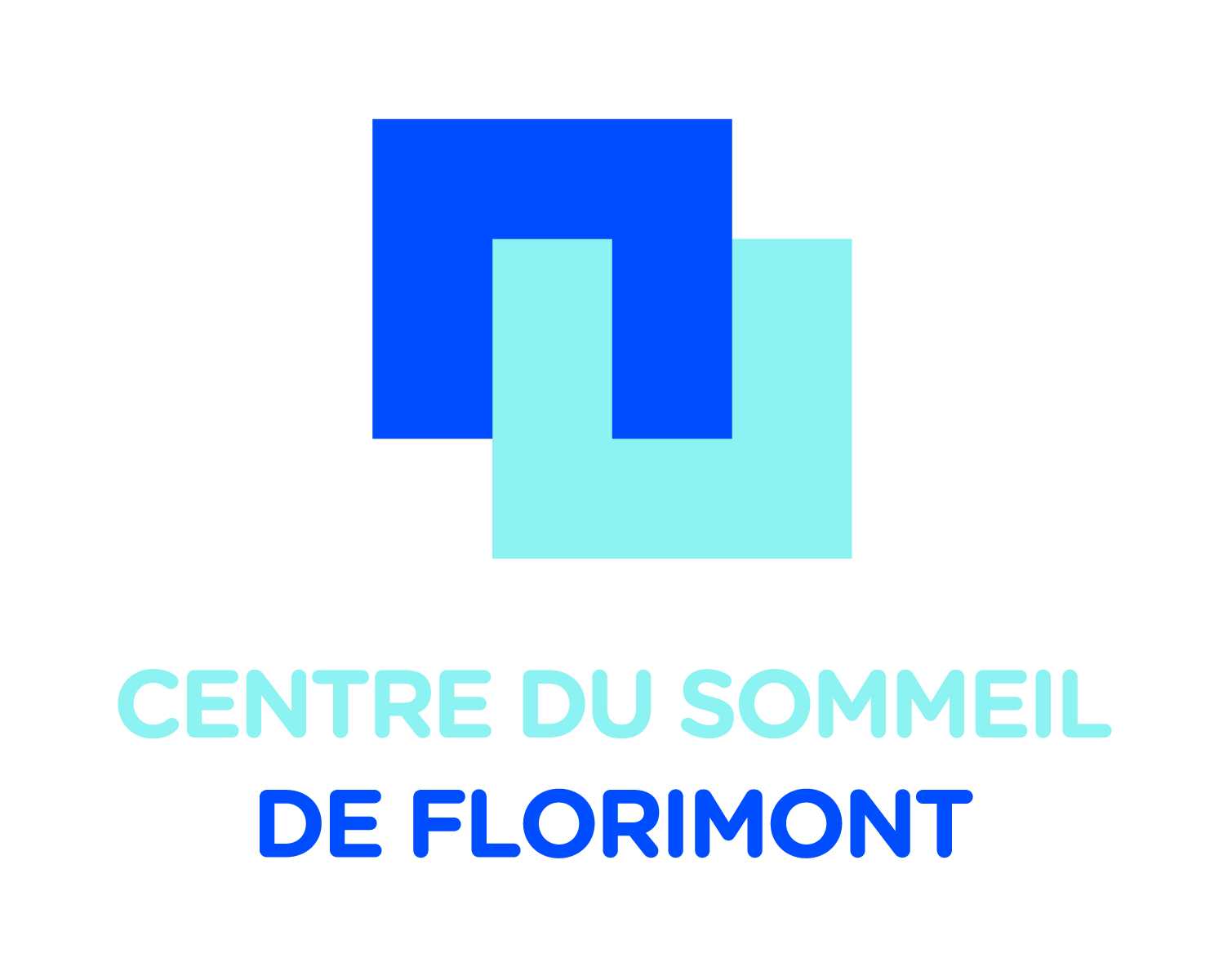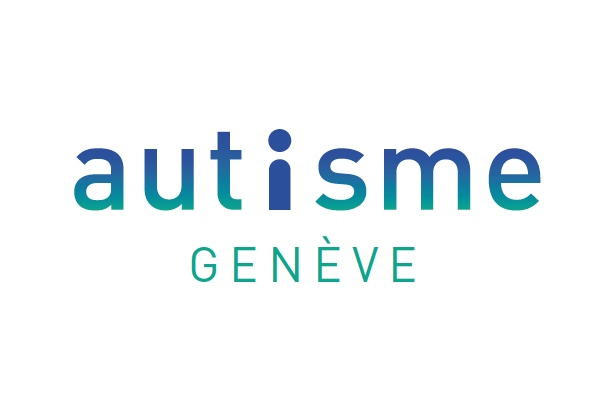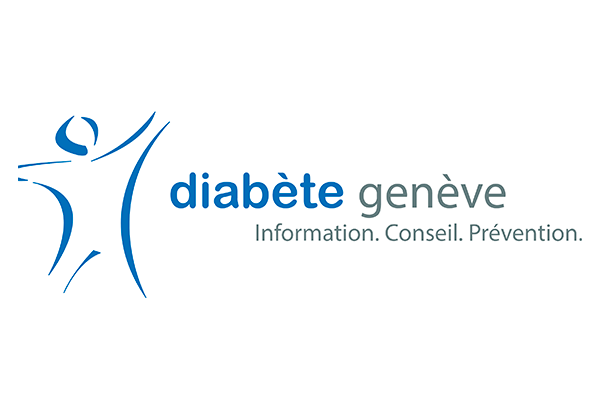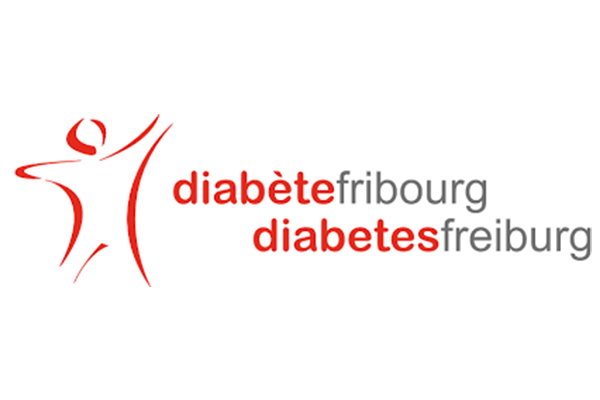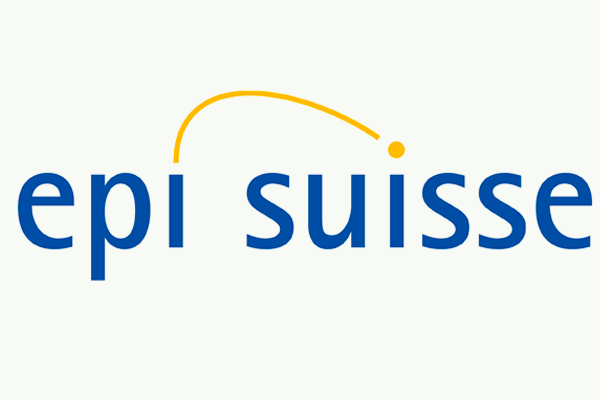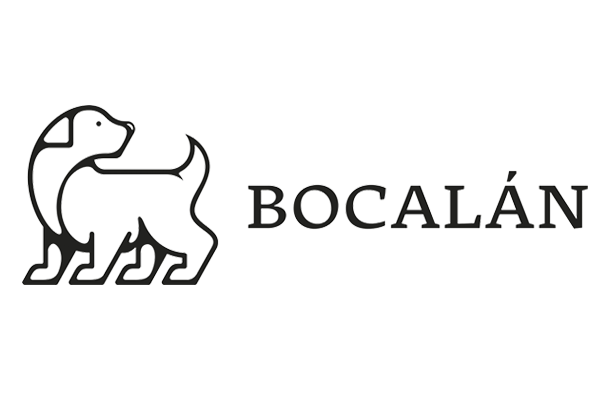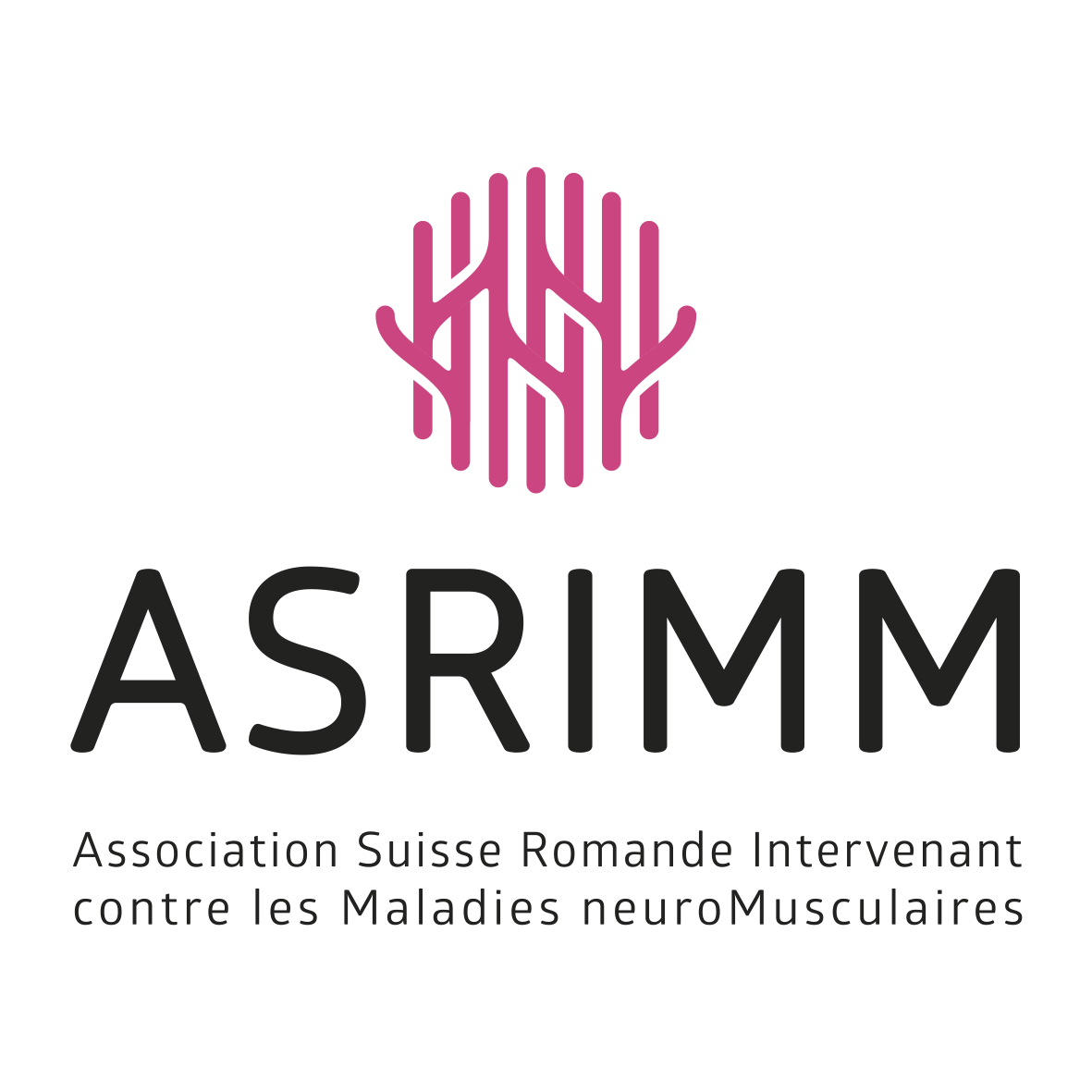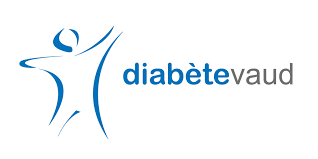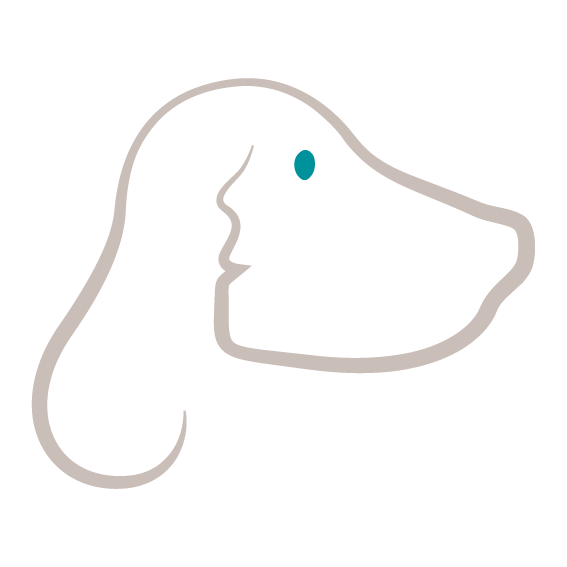
Fondation Arthanis®
Assistance & medical alert dogs
“To me, you will be unique in all the world. To you, I shall be unique in all the world.”
The Little Prince, Antoine de Saint-Exupéry
our mission
The Arthanis Foundation trains assistance and medical alert dogs and allocates them free of charge to children and adults with health problems. Our dogs are trained to support people with special needs providing them with increased autonomy, safety and a better quality of life.

Discover
news
The assistancedog is a return to biodiversity solutions to support humans both physically and emotionally.
Who are our dogs for?
Epilepsy
In Switzerland, some 80’000 persons are affected by epilepsy, including 15’000 children. In total, about 1% of the population lives with epilepsy. According to Epi Switzerland, 30% of persons with epilepsy cannot reduce the seizures by drugs. Instead, they must live permanently with the fear of an imminent seizure. This fear affects their quality of life, independence and sometimes ability to have a working life.
Certain dogs can also be trained to anticipate on a seizure a few minutes before it occurs. By poking it with the muzzle, they alert the person regarding an imminent seizure so the person can reach a safe place, if need be, take some treatment drug, and if necessary, call for help. Such a dog is referred to a seizure dog.
During a seizure, an assistance dog will comfort the person and maintain a physical contact with it. It can also help the person to get safe if they are in danger, for example on a road. The dog can also call for help by pressing an alert button, or by mobilizing someone nearby Such a dog is referred to a response dog.
Seizure dogs do not always manage to detect the seizures, and there are some ongoing studies on this very matter On the other hand the dog will always be able to intervene during the seizure.
Our dogs are trained on these two aspects, with the necessary reserve concerning the ability to alert before a seizure occurs.
Dogs do not replace medical treatments, however they do increase the beneficiaries’ self-confidence and safety, comfort them, and in many cases reduce the frequency of seizures and hence the persons’ stress.
Physical disability
People with physical disabilities may find it very difficult or even impossible to perform everyday tasks. Specially trained assistance dogs can perform a number of tasks that will allow the person to be independent.
For example, they can pick up and return objects that are out of reach, open and close a door or drawer, empty the washing machine, turn switches on and off or call for help.
An assistance dog can also learn to help a person undress, stand up, sit down, go up or down stairs by supporting their balance.
The Arthanis Foundation’s assistance dogs are trained according to the individual and specific needs of their future partner. In addition to their learned skills, they also offer undeniable emotional support, thus reducing anxiety and stress in their owners.
The skills of our dogs enhance the independence, safety and quality of life of their beneficiaries.
Autism Spectrum Disorders (ASD)
Autism Spectrum Disorders (ASD) are part of a group of neurodevelopmental disorders. They manifest themselves differently from one individual to another.
Les enfants et adultes avec TSA présentent souvent des difficultés dans la communication et les interactions sociales. They manifest themselves differently from one individual to another. They may have difficulty expressing their feelings and understanding the people around them. These situations of misunderstanding can create deep anxiety, withdrawal and even aggression.
Assistance dogs dedicated to people with ASD are trained to perform tasks such as stopping certain stereotypical behaviours that are sometimes considered socially inappropriate or can be dangerous. The dogs will also assist with distress situations, lowering anxiety and decreasing the person’s heart rate. The dog provides comfort, support, they reduce stress and can improve the recipient’s quality of sleep.
The benefit of an assistance dog goes far beyond the tasks it has learned. It promotes a more inclusive social life, invites communication and thus more interaction. It can promote positive changes in behaviour and provide comfort while reducing stress and improving the quality of sleep of its human partner. The dog also promotes independence and a feeling of security thereby helping to improve communication and interaction.
As the autism spectrum is so broad and the needs of each person so different, Our assistance dogs are trained to suit the needs of each individual recipient.
Diabete
In Switzerland, about 500’000 persons live with diabetes (425 million in the world). Among these, about 40’000 suffer from the Type 1 diabetes. This serious form of diabetes necessitates frequent glucose controls, day and night, and it is to these patients that our assistance dogs are intended.
Thanks to their sense of smell, specially trained dogs can signal a situation of hypoglycemia, sometime even hyperglycemia, that potentially could put the patient’s life in danger. Dogs signal this to the patients by poking them with their muzzle or by displaying another particular behavior. This enables the patient or the people around it to take the measures that are necessary to avoid an episode of hypoglycemia or to limit its consequences.
Dogs are also able to alert people nearby or activate an emergency call system, or also bring a first aid kit to the patient.
Our dogs are trained to support insulin-dependent diabetics mainly, providing them with increased safety and a better quality of life. Assistance dogs do not replace a regular monitoring, however.
Narcolepsy and IHS
Narcolepsy and idiopathic hypersomnia (IHS) are rare sleep disorders. Often misunderstood, these disorders can be very disabling and negatively impact daily life Difficulties at school, at work, in relationships and social isolation are common. Some forms also present a high risk of accidents.
Narcolepsy affects about 3 people in 10,000 and can appear from childhood. It is characterized by severe daytime sleepiness and an irrepressible desire to sleep that can occur at any time of the day, regardless of the situation, whilst driving, at school etc.
Accompanied by cataplexy, a sudden relaxation of certain muscles, this can lead to unexpected falls and related injuries.
Idiopathic hypersomnia (IHS) is also a rare condition, characterized by daytime sleepiness despite long periods of quality sleep. Waking a sufferer is a protracted process often requiring third party assistance. This condition usually appears in adolescents or young adults .
These symptoms manifested by sleepiness at all times of the day, requiring long naps after which the patient will not feel rested.
Our Assistance dogs are trained to the individual needs of sufferers of these disorders. Always vigilant, they can warn their partner of sudden sleepiness or cataplexy attacks. Then, allowing the patient to get to safety, safe from danger.
Our dogs are also trained to wake up a person with idiopathic hypersomnia. In agreement with the patient, we identify the attitudes of the dog that will have the most significant impact for wakening (barking, licking, jumping, jostling or other). One of the indispensable qualities of the dog in these circumstances is its perseverance. Our dogs will only stop when their partner is perfectly awake and safe.
Our Assistance dogs are trained to the individual needs of sufferers of these disorders.
These specially trained dogs give their beneficiaries autonomy, security, more freedom and a happier and more fulfilling social life.
Our elders
Our dogs in training regularly visit the elderly or people with health problems either at home or in institutions. These well-balanced, companionable visiting dogs are always eagerly awaited by their hosts, for whom these visits represent a moment of tenderness, exchange and an opening to the outside world.
We also organise outdoor activities and demonstrations with our dogs in different institutions, during which the residents can interact with our companions to their great joy.
The Arthanis Foundation also offers visitor dog training to dog owners who wish to volunteer in this programme.
You’d like to
support us
Make a donation
With your support for Arthanis projects, a non-profit foundation recognised as being of public interest, you can help children and adults for whom an assistance dog can really improve their daily lives.
Become a foster family
Thanks to the foster families’ all important voluntary commitment, people with health conditions will be able to regain autonomy and live a more fulfilling life.
Discover
our partners
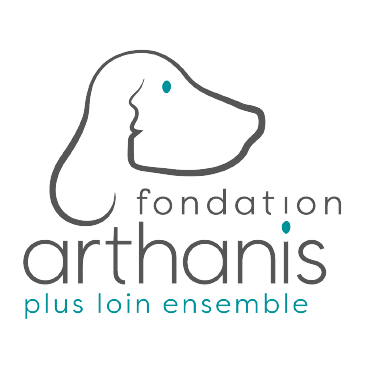
"*" indicates required fields















